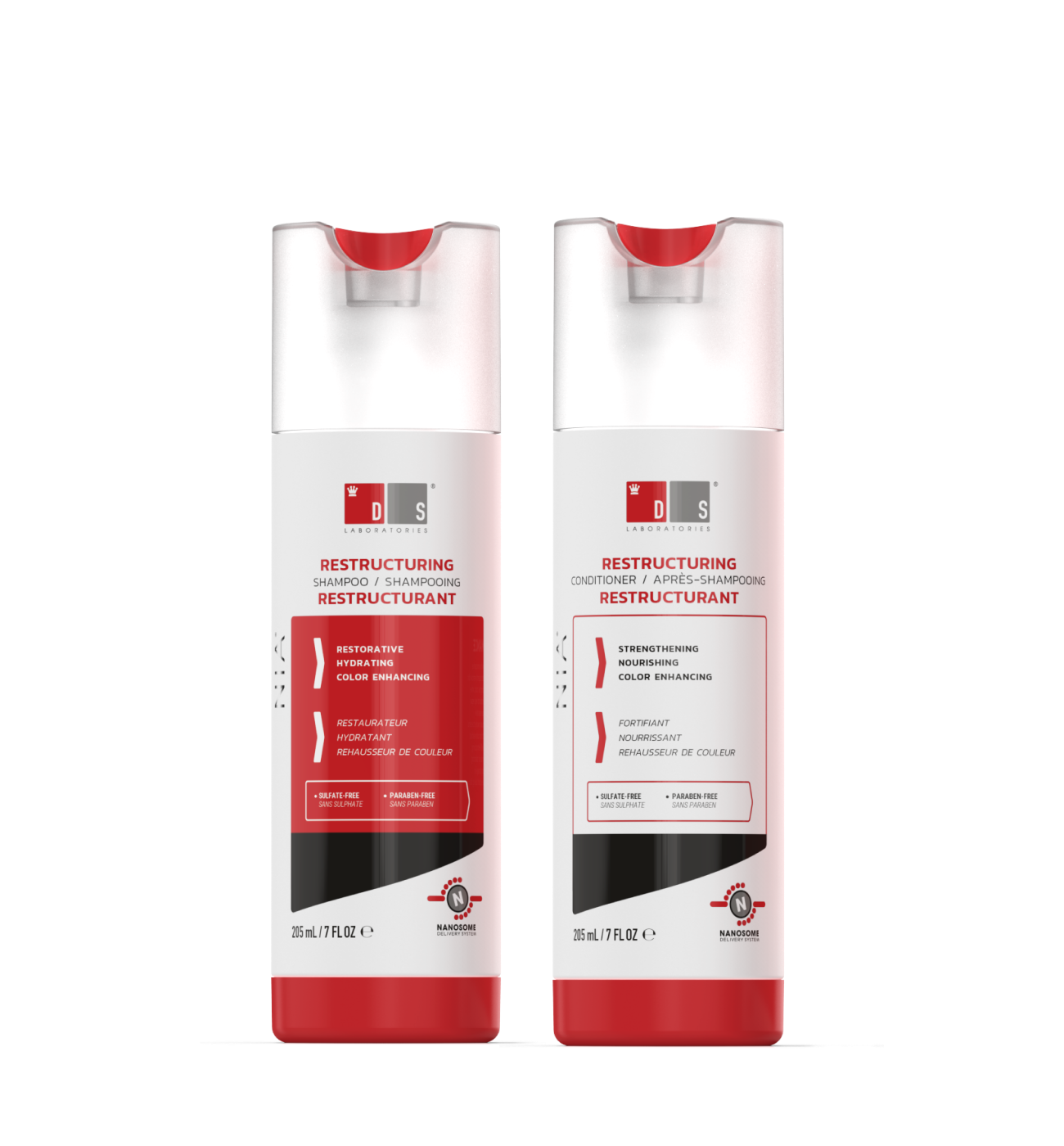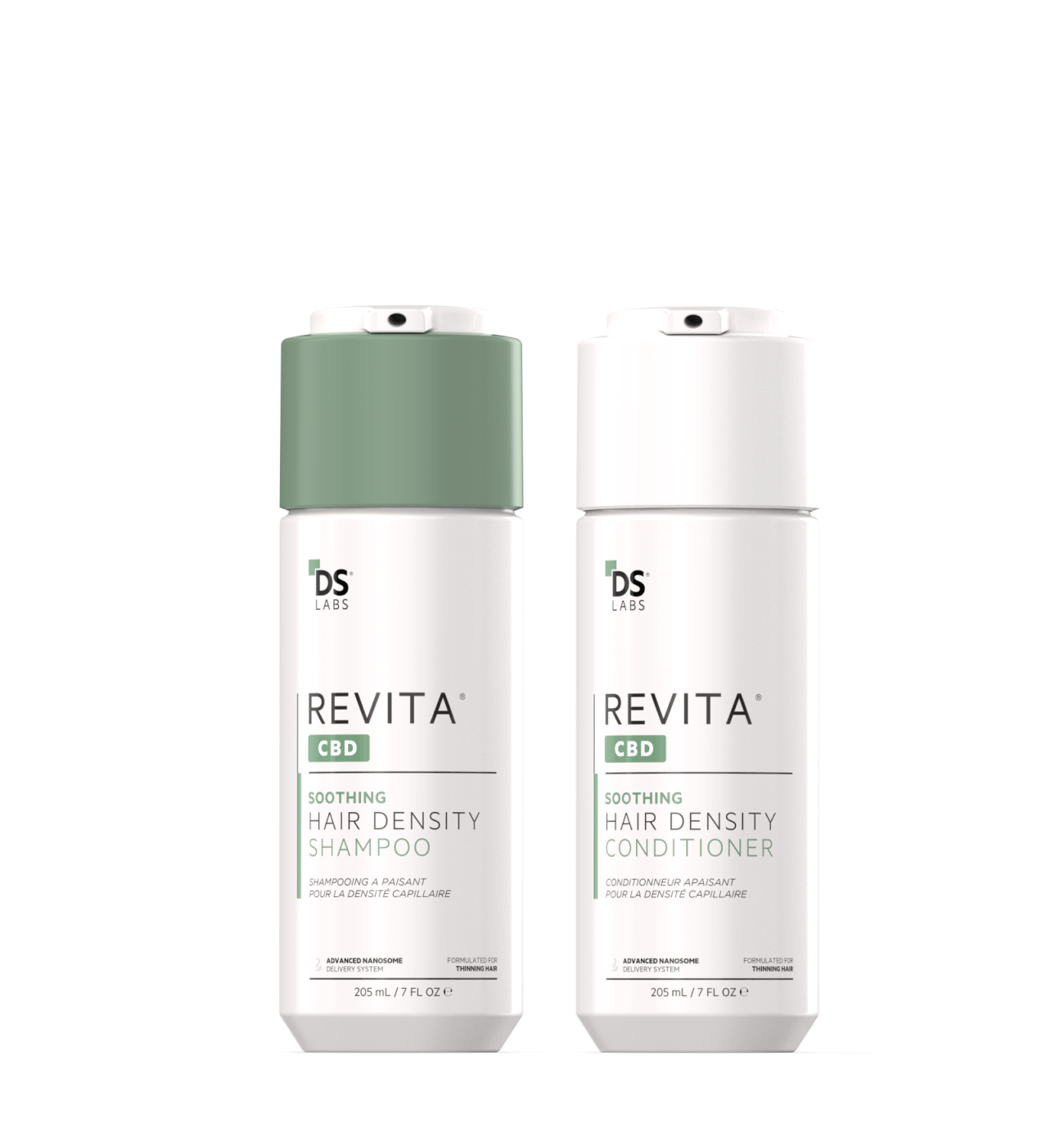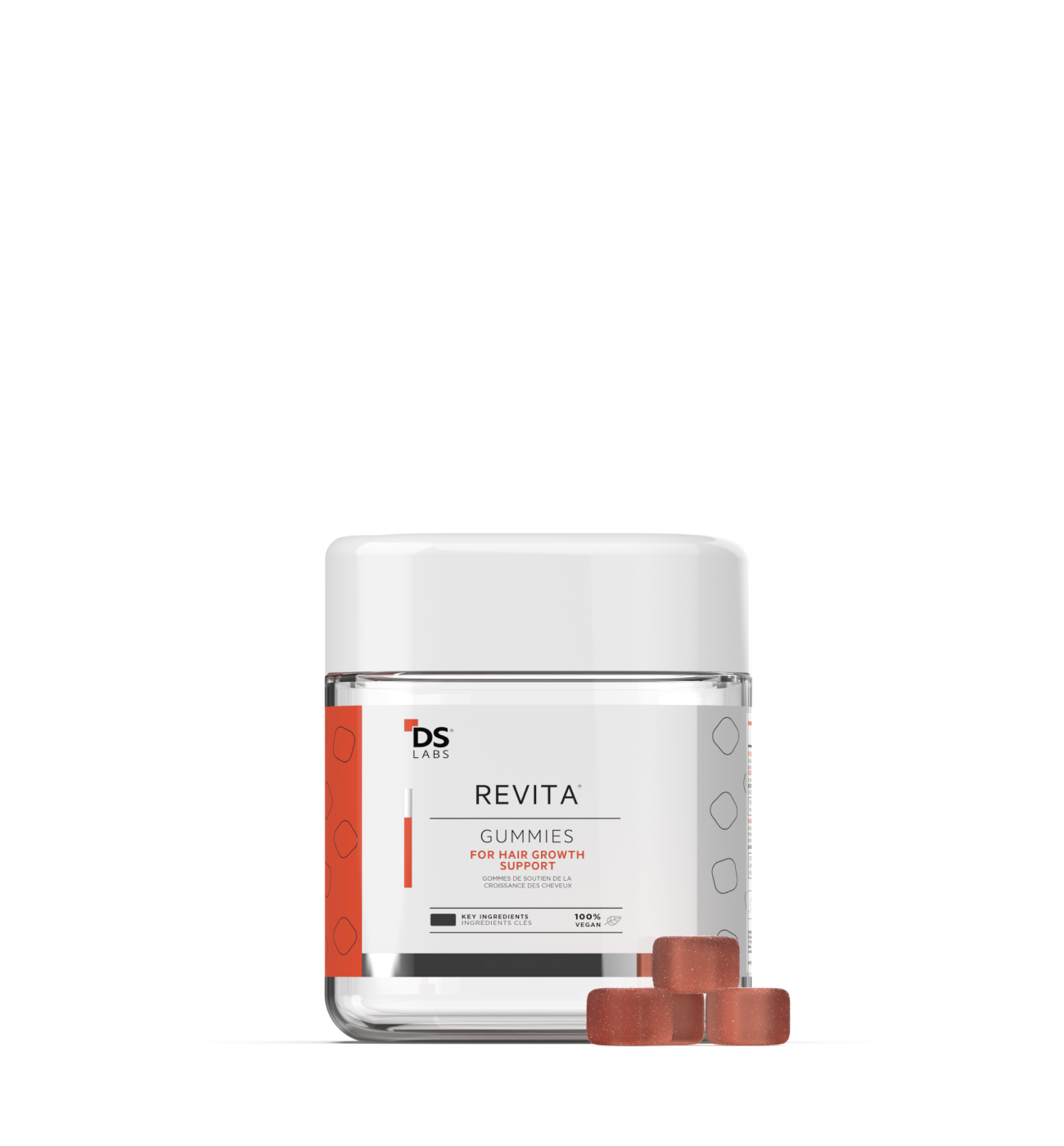Most of us know all too well the importance of using good sun protection on our skin. For this, we usually think of wearing sunscreen on our faces (which indeed prevents signs of aging), and on those beach or pool days, we usually throw at least some sunscreen on exposed areas. But what about our scalps? Unless you have a hat on hand, it's all too easy to forget about giving the scalp sun protection beyond what our hair covers. But, if you have ever had a nasty part line or hairline sunburn, you will know just how crucial good sun protection is to avoid a few painful days following some fun in the sun. And if you have just experienced a sunburned scalp, we have some remedies for you below.
Take a cool shower
You probably have felt this on sunburned skin at one point or another, but it can feel brutal when hot or even warm water hits a sunburn. Indeed, it exacerbates the stinging and burning pain already present and makes the skin feel hotter. Therefore, washing your hair with cool water, or at the very least tepid water, is best to avoid further burning on your scalp. In general, washing your hair with hot water can dry out your scalp and cause irritation, so this may be the perfect time to start using cooler water for hair-wash days.
Avoid blow dryers
Just like hot water can irritate the scalp, hot blow drying can also worsen the pain with a sunburned scalp. And even if you have a cooler setting on your blow dryer, the forced air can further irritate and dry the skin out, so it is best to opt for naturally drying your hair. Additionally, if you typically use curling irons or straighteners, you will likely also want to skip these until your sunburn has healed, as the heat can travel up your strands to your scalp.
Check the ingredients in your shampoo
Certain ingredients in your shampoo and conditioner may cause further irritation to your scalp. Specifically, shampoos that contain sulfate can dry out your scalp. Additionally, shampoos containing dimethicone (a silicone-based ingredient that helps moisturize hair and skin) can actually block your pores in your scalp, which prevents heat from escaping.
Use aloe vera to soothe your scalp
Aloe vera can work wonders on sunburns and other first and second-degree burns. Aloin, a compound in this medicinal plant, may have anti-inflammatory properties that can help quicken burn and wound healing. Indeed, its effects on burns and skin health promotion have been well-known for thousands of years.
Aloe vera may cause your scalp and hair to look greasy, but it can quicken the healing process and make your sunburn more bearable. So, you may need to opt for greasier hair for a few days in order to feel better more quickly.
Use cold compresses
Cold therapy is so beneficial with sunburns. So, take an ice pack or a cold washcloth that has sat in the refrigerator for a few minutes and place it on the burned area. You will likely find that the cloth heats up quickly, so keep a backup waiting for you in the fridge.
And just a note on using ice packs: ice packs are fantastic for a few minutes here and there, but you can also get ice burns, which can quickly lead to second-degree burns. You might not think of it, but ask anyone who has ever fallen asleep with an icepack directly on their skin, and they will tell you how painful an ice burn can be (think blisters and pus).
Drink plenty of water
Healing from sunburns requires diligent care on the inside and outside of the skin. While you are applying cold compresses and helpings of aloe, be sure to drink lots of water as well. Sunburns can dehydrate the body, so one of the best ways to heal from a burn is to give your body plenty of hydration to heal from the burn and re-moisturize the skin.
Over-the-counter pain relief can help
If you are particularly uncomfortable, you may want to try some pain relief options from the local drugstore. Medications like ibuprofen and acetaminophen can sometimes quell sunburn pain, and may help your muscles relax if you are feeling particularly tense and uncomfortable. Ibuprofen is also used to decrease inflammation, which may help further minimize discomfort.
Use good sun protection practices
Using sun protection is always important, but it is especially helpful when you are healing from sunburn. If you have to be in the sun, wear a hat while your scalp is healing, or stay in the shade. Hats can increase the heat on the scalp, which can further irritate a burn, so wear a hat if you must, but opt for shade when possible.
Get medical help if needed
Sunburns can become a medical problem, especially if you notice blisters. If you do develop blisters, that is a second-degree burn, and you must be especially careful to avoid infection from open sores. Therefore, don’t try to pop them, avoid any chemicals from washing your hair, and ask your doctor how you can best manage this type of burn.














